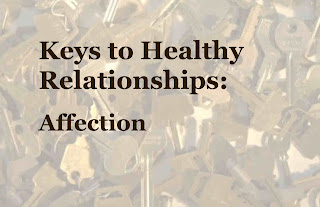On 21 February, the Ukrainian Council of Churches and Religious Organizations called upon representatives of various religious traditions in Ukraine and beyond to unite in prayer for a just peace for Ukraine. “Russia’s war of conquest against Ukraine has brought immense suffering, grief, and loss to the Ukrainian people,” said the call to prayer. “We call upon representatives of various religious traditions in Ukraine and beyond to turn to the Almighty on this day, each according to their faith, and to unite in prayer for a just peace for Ukraine.” On the National Day of Prayer—24 February—church leaders and representatives of the Ukrainian Council of Churches and Religious Organizations attended the plenary session of the Verkhovna Rada of Ukraine, where together with members of parliament, members of the government, European commissioners, and parliamentarians of European countries, they opened the session with a moment of silence and by singing the spiritual anthem of Ukraine, "God the Great, the One.” The call to prayer by the Ukrainian Council of Churches and Religious Organizations expanded into the services of many denominations. The Orthodox Church of Ukraine held a prayer service, led by His Beatitude Metropolitan Epiphany of Kyiv and All Ukraine in the St Michael's Golden-Domed Cathedral of the capital. The Ukrainian Orthodox Church held prayer services in many of its churches and monasteries. The Ukrainian Greek Catholic Church bishops held a rally in Toronto, Canada. His Beatitude Sviatoslav, Father and Head of the Ukrainian Greek Catholic Church, emphasized Ukraine’s struggle for freedom. Members of the German Evangelical Lutheran Church of Ukraine poured out their hearts before God. “For three terrible years, we have been receiving terrible news of the deaths of our compatriots, hearing the sounds of explosions and sirens,” they prayed. “O Lord, every day the number of orphans and widows multiplies.” Other global church leaders—including Pope Francis and the Ecumenical Patriarch Bartholomew—also joined in calls for peace. The Ecumenical Patriarch mourned the countless lives that have been lost, homes destroyed, and entire communities displaced—and reiterated that no force can extinguish the spirit of a people who refuse to be broken. The Conference of European Churches called for prayer and action as well. “In these difficult times, we remain committed to the path of justice and reconciliation,” said H.E. Archbishop Nikitas of Thyateira and Great Britain, president of the council. “Let us make every effort to do what leads to peace.” World Council of Churches general secretary Rev. Prof. Dr Jerry Pillay, in a message on 21 February, called for prayers for the end of the war and for just peace. On third anniversary of Russian invasion of Ukraine, WCC reiterates call for ceasefire (WCC news release, 21 February 2025) Appeal of the Ukrainian Council of Churches and Religious Organizations (UCCRO) on the Eve of the Third Anniversary of the Full-Scale Invasion of Ukraine Statement of the the Conference of European Churches: A call for prayers and action for peace in Ukraine Address of His All-Holiness Ecumenical Patriarch Bartholomew on the Third Anniversary of the Russian Invasion of Ukraine | 

























